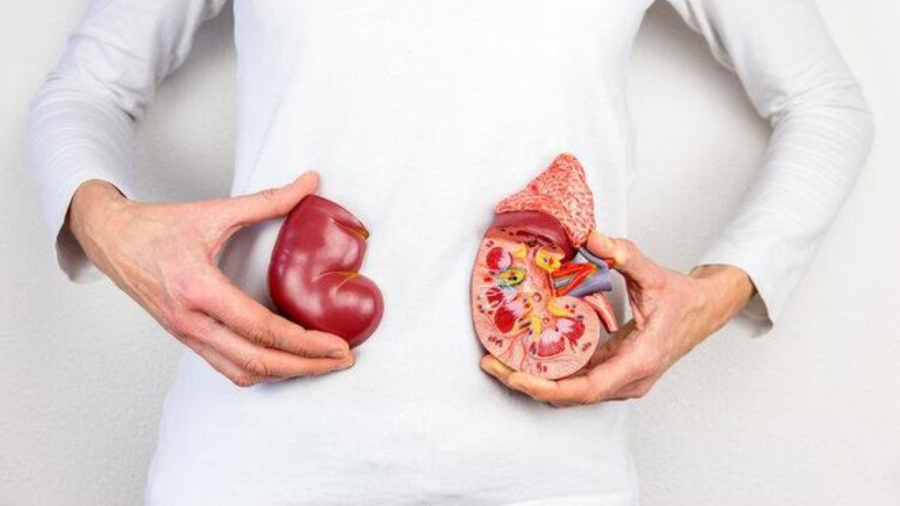8 Human Organs You Can Live Without
Studies have shown that there are 36 organs in the human body that maintain life activities, including the following eight organs that can be “removed” without endangering life:
1. One Kidney
The human body normally has two kidneys, and these two complement each other. Therefore, in special cases, after losing one kidney, the remaining healthy kidney will continue to perform the function of filtration and will not have a major impact on daily life.

2. One Lung
Like the kidneys, the normal human body relies on both the left and right lungs for breathing. If the left and right lungs are completely removed, the patient will lose their respiratory function. For a simultaneous heart-lung transplant, part of the lungs can be removed, and it can also be transplanted.
3. Reproductive Organs
Severe damage to the uterus, ovaries, or breasts in women or the testicles in men may pose the risk of having to be removed. After these organs are removed, the patient can still live a normal life, but they will not be able to fulfill their reproductive needs.
4. Appendix
Located in the lower right abdomen of the human body, it is a small tail-like protrusion from the cecum, the thickest part of the intestine. Appendicitis is a relatively common condition and is treated by “letting it pass,” which will not have much impact on daily life after the patient recovers.
However, some studies have found that the appendix is not a useless organ, and it can ensure the safety of “good bacteria” in the human body.

5. Gallbladder
The gallbladder is an organ that stores bile, which the body can use to break down food if it eats too much oil. After the gallbladder is removed, the digestive function of some people may be affected, but if a regular diet is established, it will not affect daily life much.
6. Wisdom Teeth
Wisdom teeth are the third molars in the back of the human mouth and appear relatively late, mostly between the ages of 16 and 26. From a medical point of view, wisdom teeth do more harm than good, and if there is tooth decay, tooth impaction, periodontitis, or wisdom teeth that do not fit together, they should be extracted.
7. Spleen
The spleen mainly filters the blood, but when the spleen is ruptured beyond repair, it must be removed. Although the removal can affect the immune system as well as the blood-forming system, in general, patients can live the same life they did before the surgery after the spleen is removed.
8. Stomach
The stomach is a very important organ, but for some people who are obese or have severe gastric cancer, doctors may have to remove part or all of their stomach. After the removal, the esophagus is directly connected to the small intestine to replace the stomach, and the patient can still eat a small amount of solid food.
Note: Although the body can still function daily after the removal of these organs, it can only be “removed” under the guidance of a doctor, unless there are health problems and the removal of these organs is the only way to “treat” them.
































